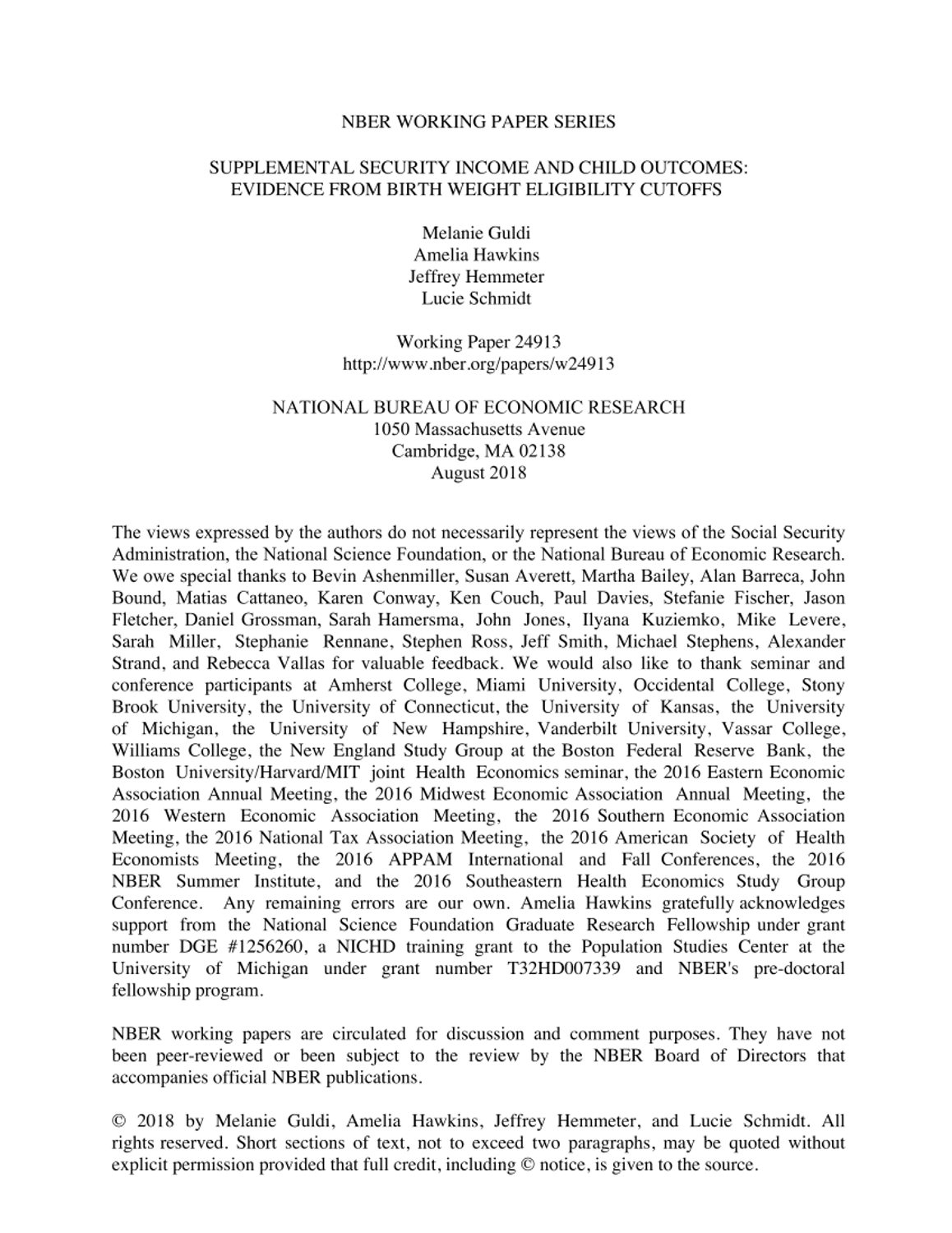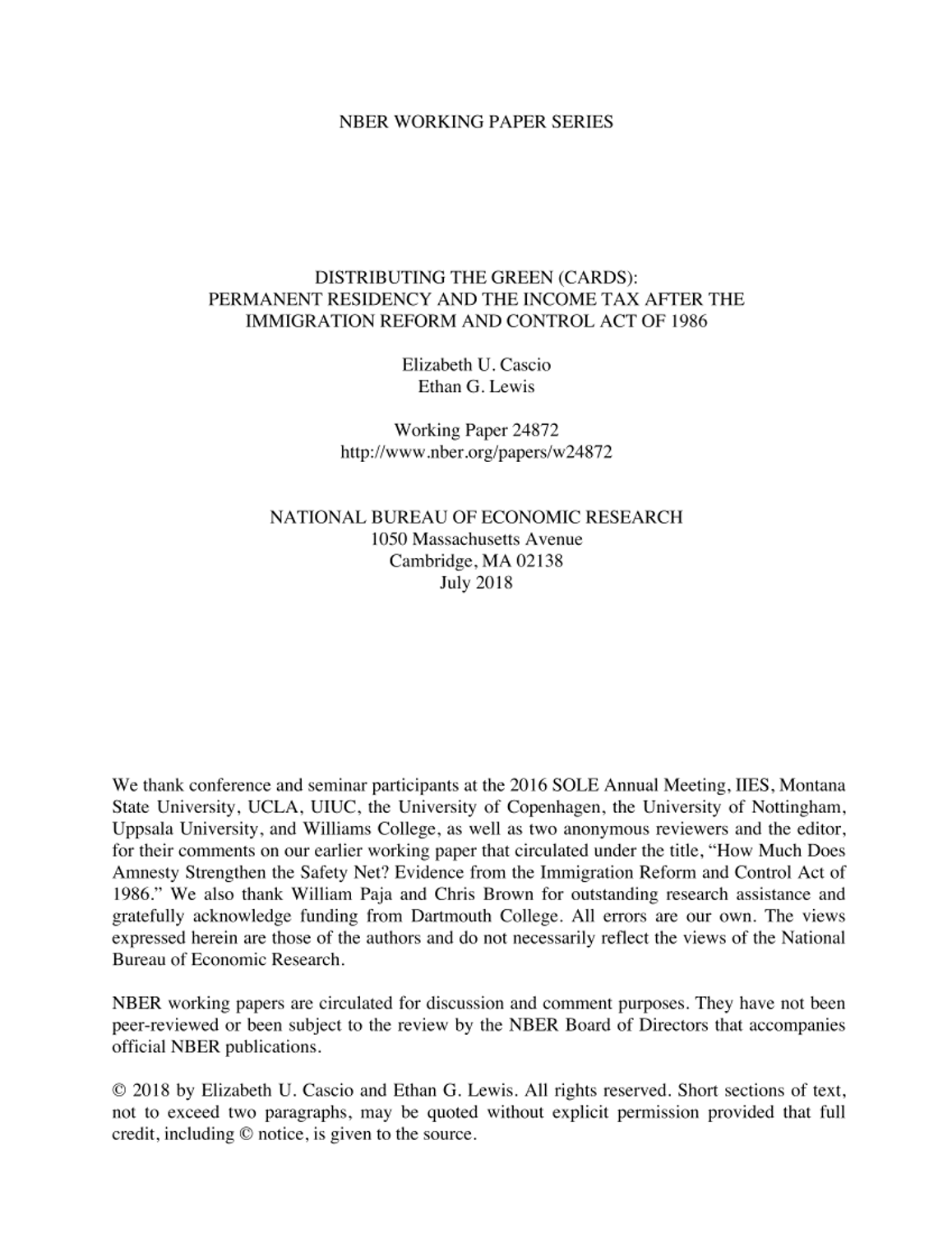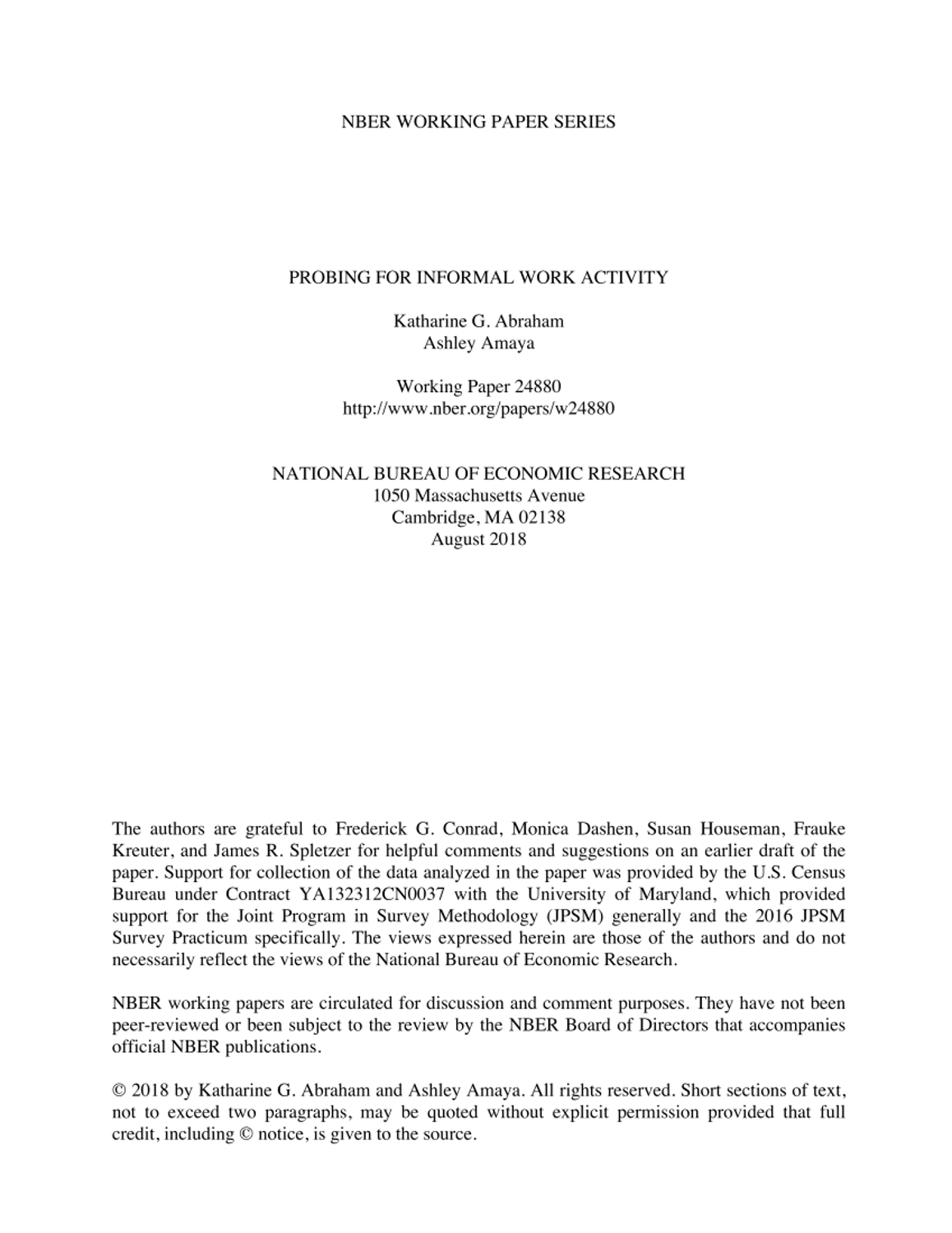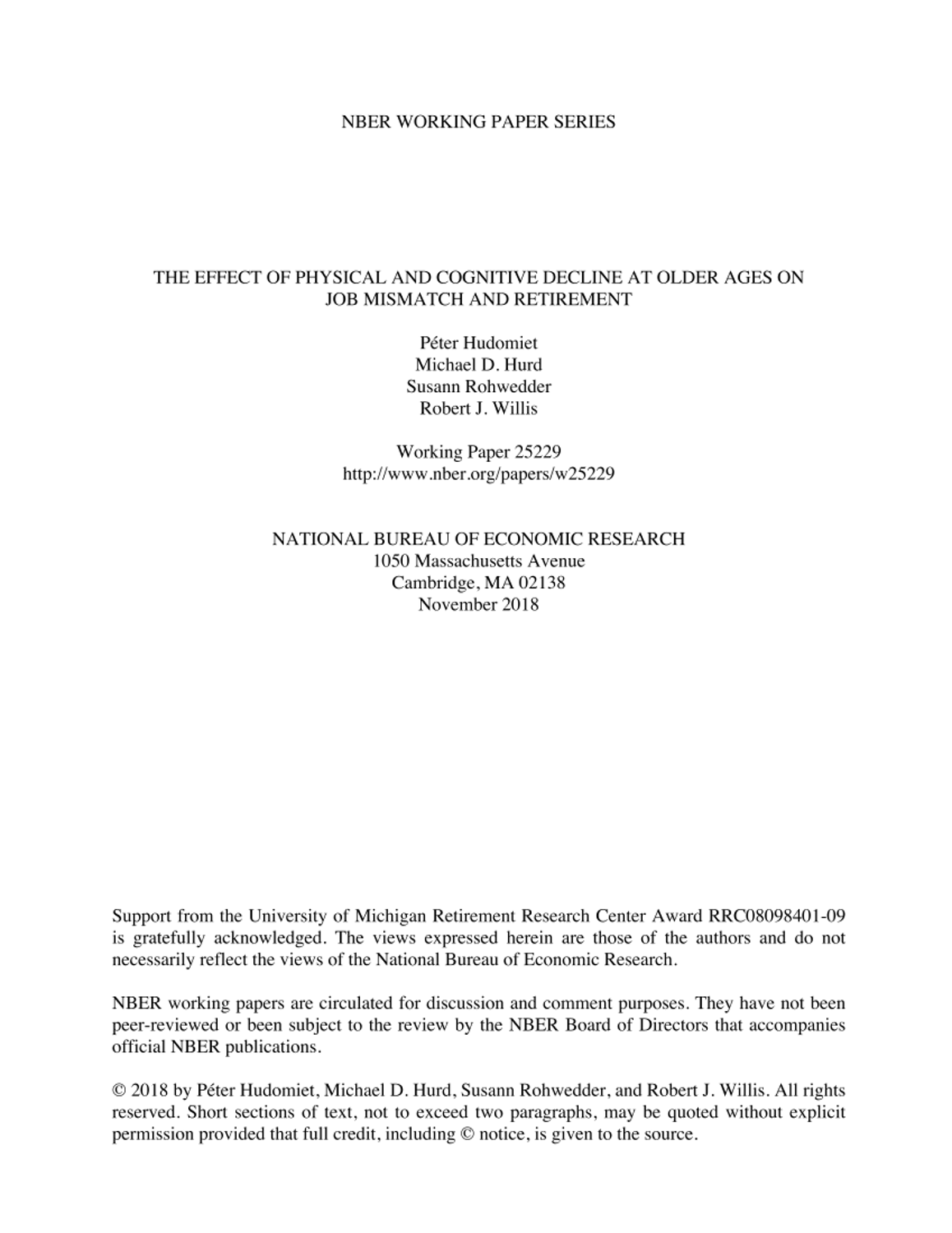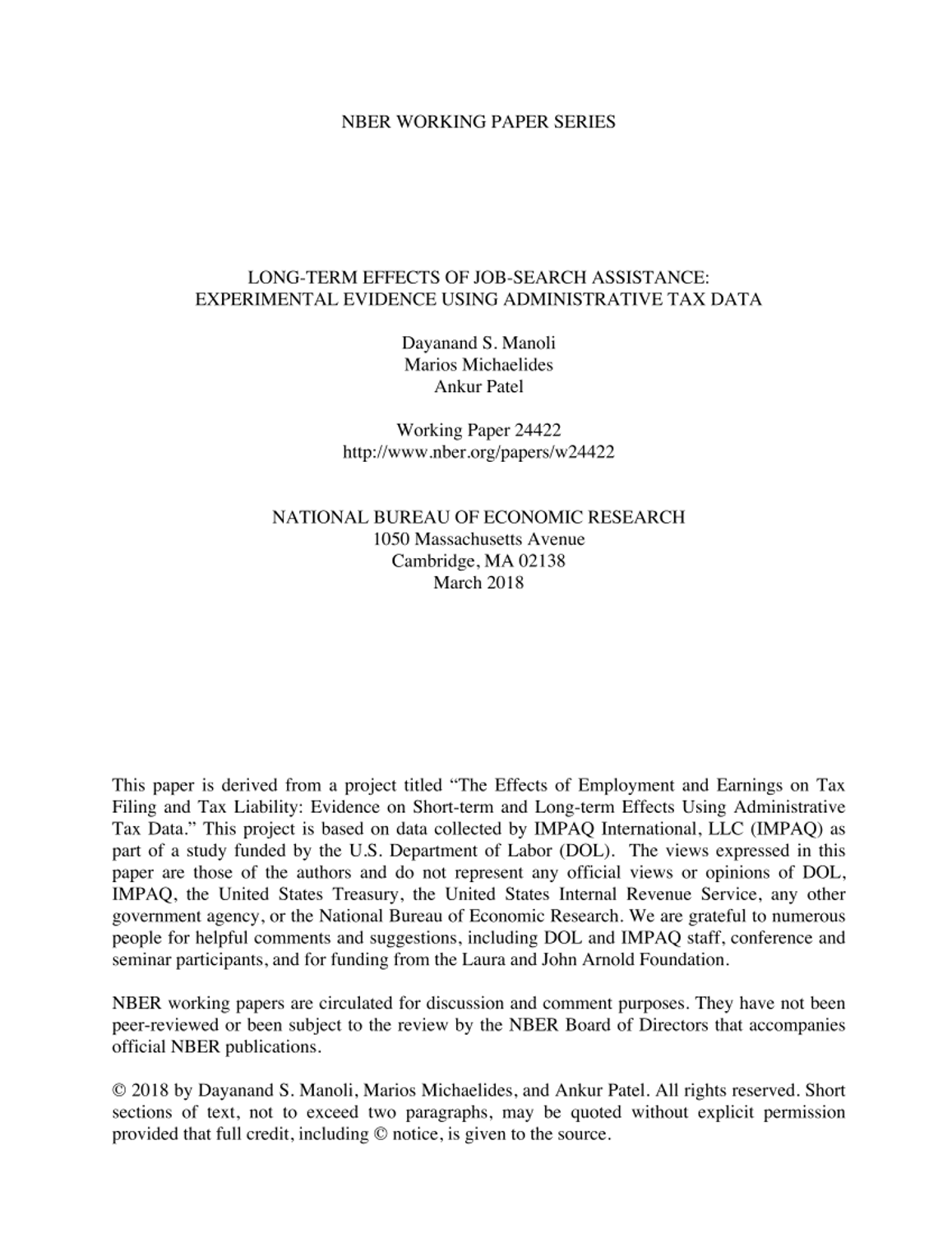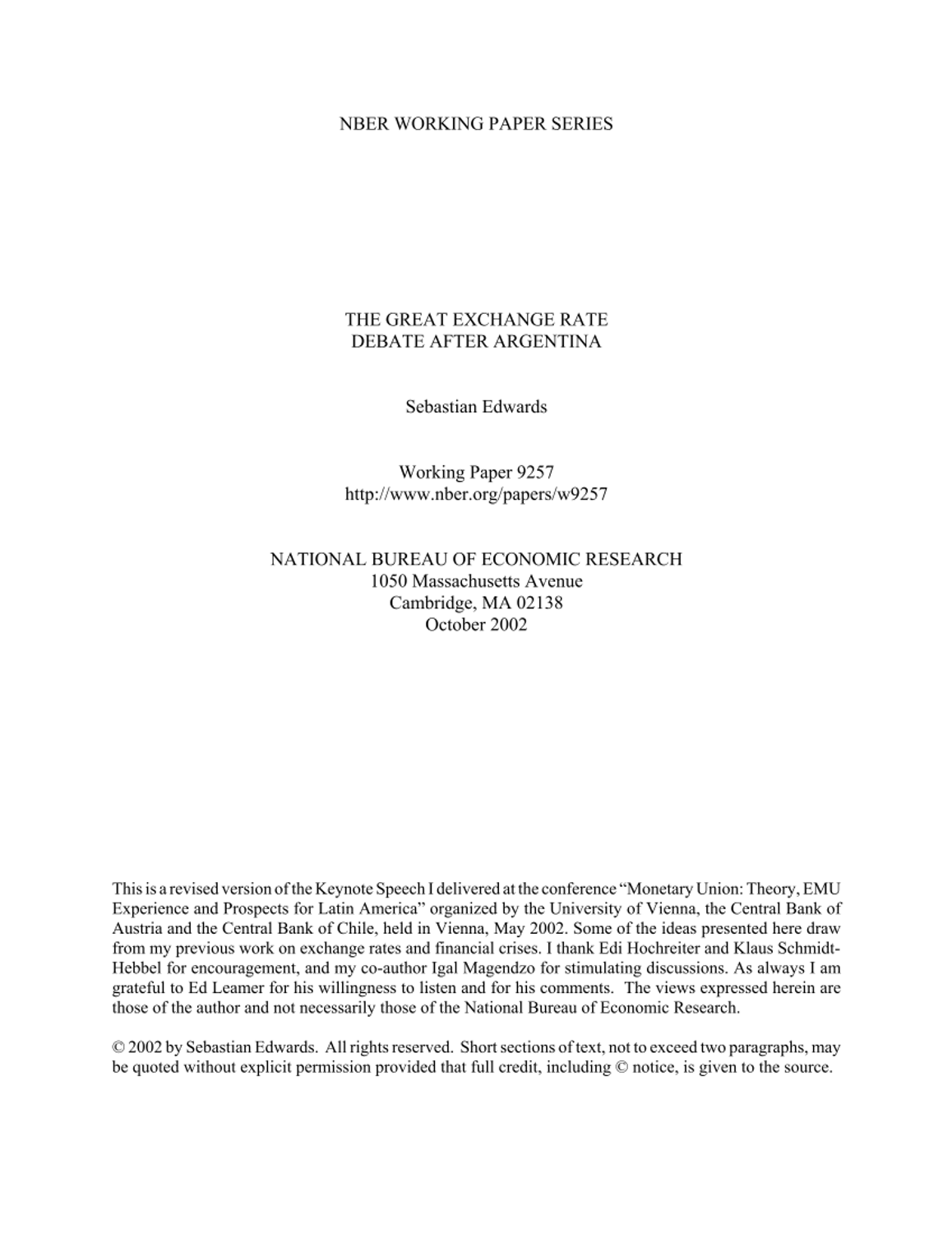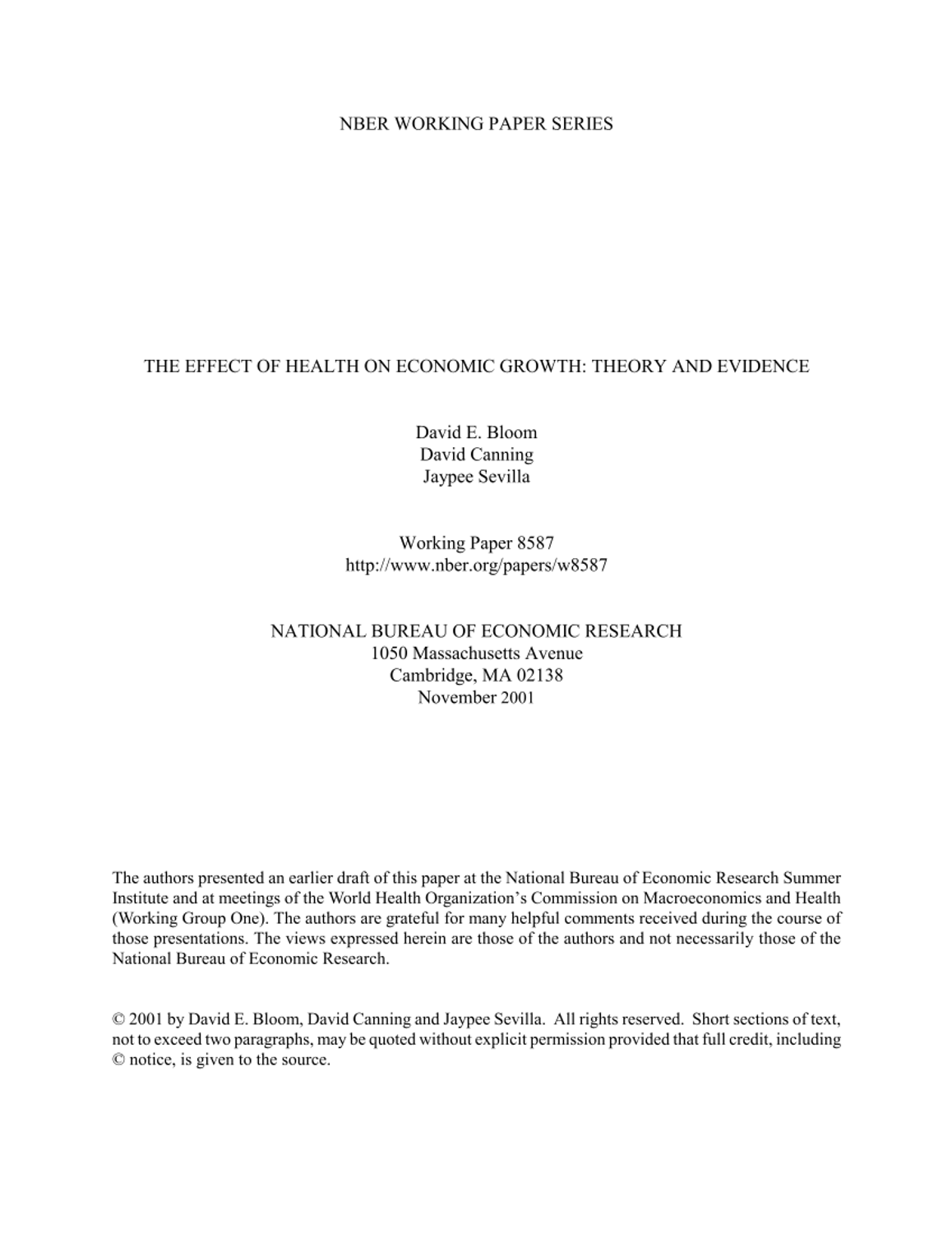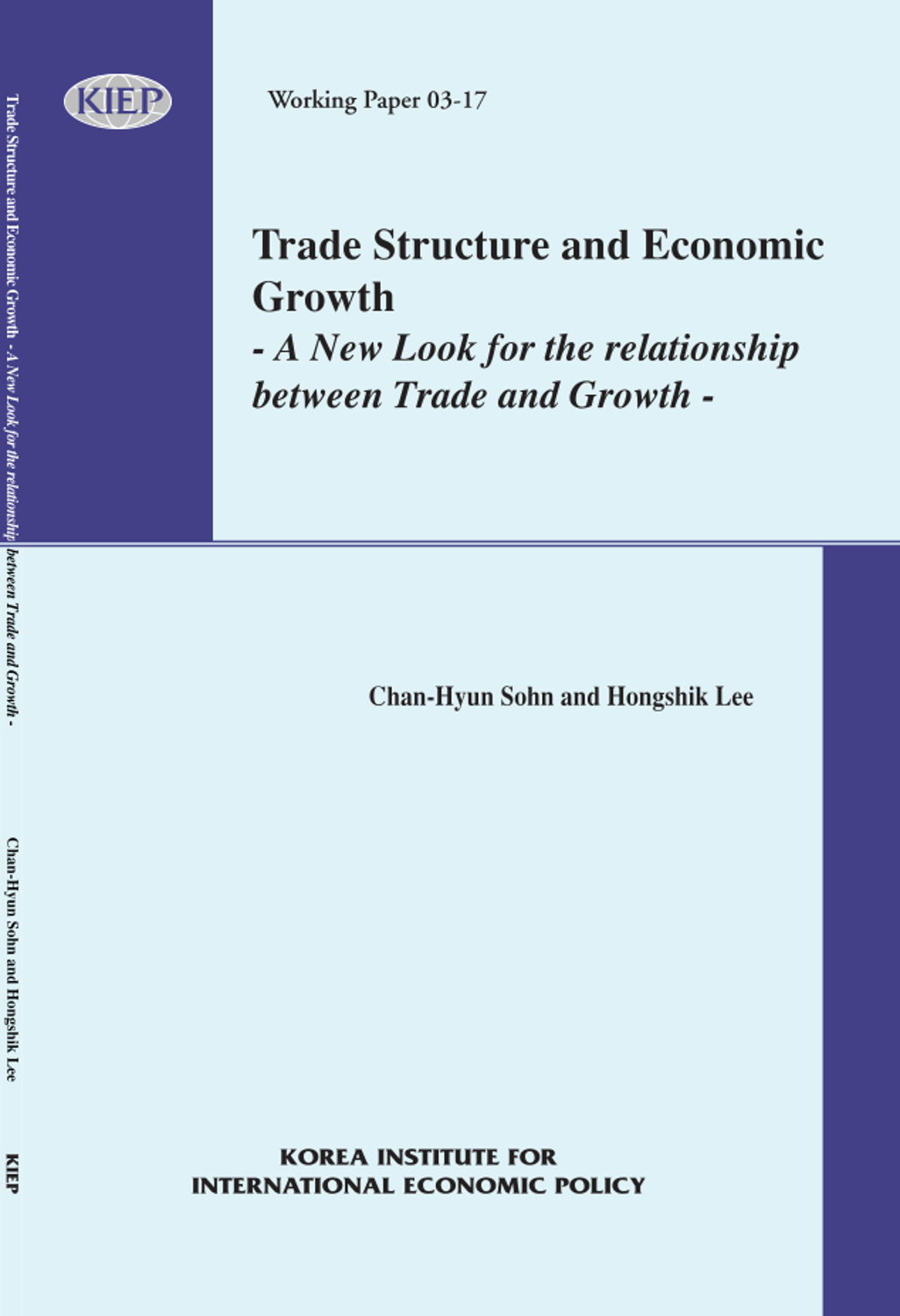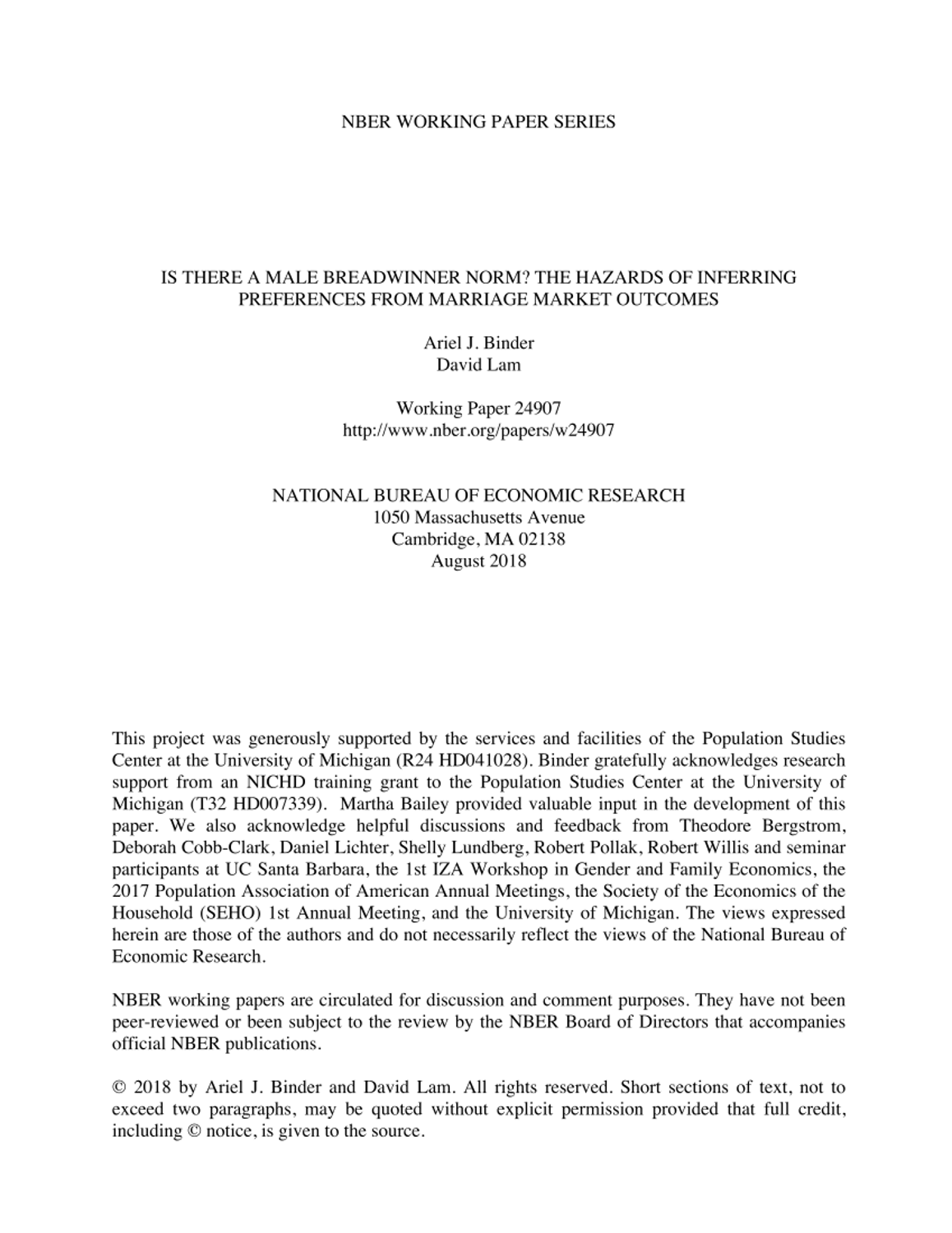
단행본NBER Working Paper 24907
Is there a male breadwinner norm? the hazards of inferring preferences from marriage market outcomes
- 청구기호
- WP 24907
- 발행사항
- Cambridge : NBER, 2018
- 형태사항
- 47 p. :. PDF file ;. 667.2 KB
- 분류기호
- 듀이십진분류법->WP
소장정보
| 위치 | 등록번호 | 청구기호 / 출력 | 상태 | 반납예정일 |
|---|---|---|---|---|
이용 가능 (1) | ||||
| E0003105 | 대출가능 | - | ||
이용 가능 (1)
- 등록번호
- E0003105
- 상태/반납예정일
- 대출가능
- -
- 위치/청구기호(출력)
책 소개
Spousal characteristics such as age, height, and earnings are often used to infer social preferences. For example, a “male taller” norm has been inferred from the fact that fewer wives are taller than their husbands than would occur with random matching. The large proportion of husbands out-earning their wives has been cited as evidence for a “male breadwinner” norm. We show that it can be misleading to infer social preferences about an attribute from observed marital sorting on that attribute. We show that positive assortative matching on an attribute is consistent with a variety of underlying preferences. Given gender gaps in height and earnings, positive sorting implies it will be rare for women to be taller or richer than their husbands--even without an underlying preference for shorter or lower-earning wives. Simulations which sort couples positively on permanent earnings can largely replicate the observed distribution of spousal earnings differences in US Census data. Further, we show that an apparent sharp drop in the distribution function at the point where the wife out-earns the husband results from a mass of couples earning identical incomes, a mass which we argue is not evidence of a norm for higher-earning husbands.

